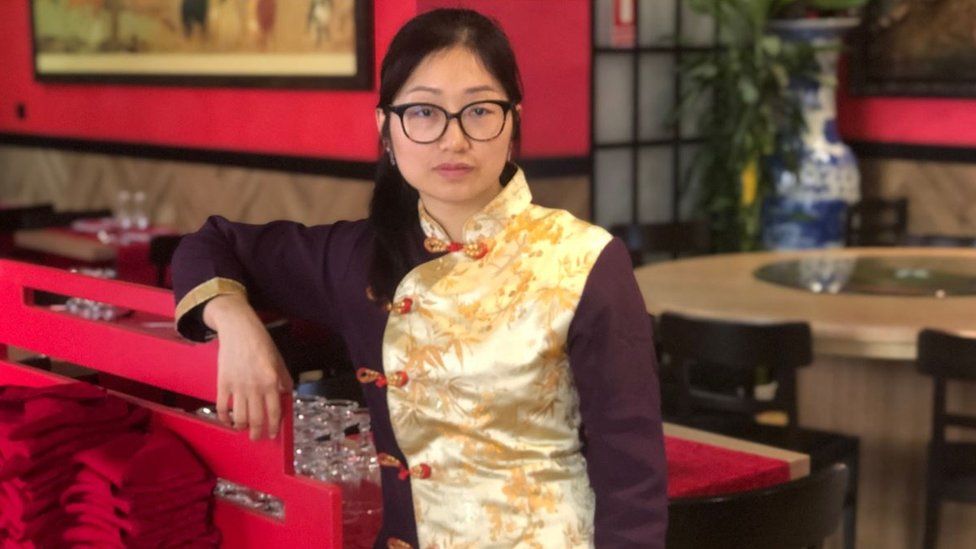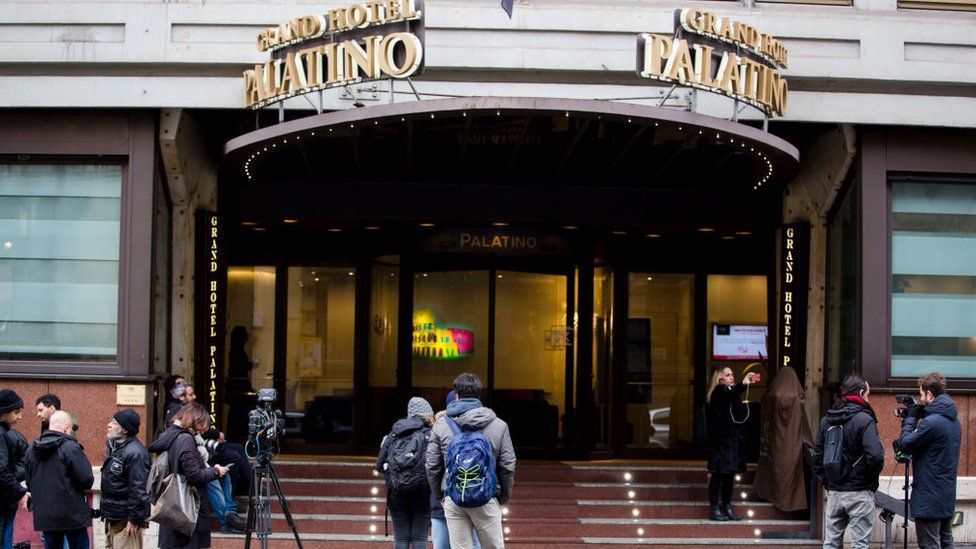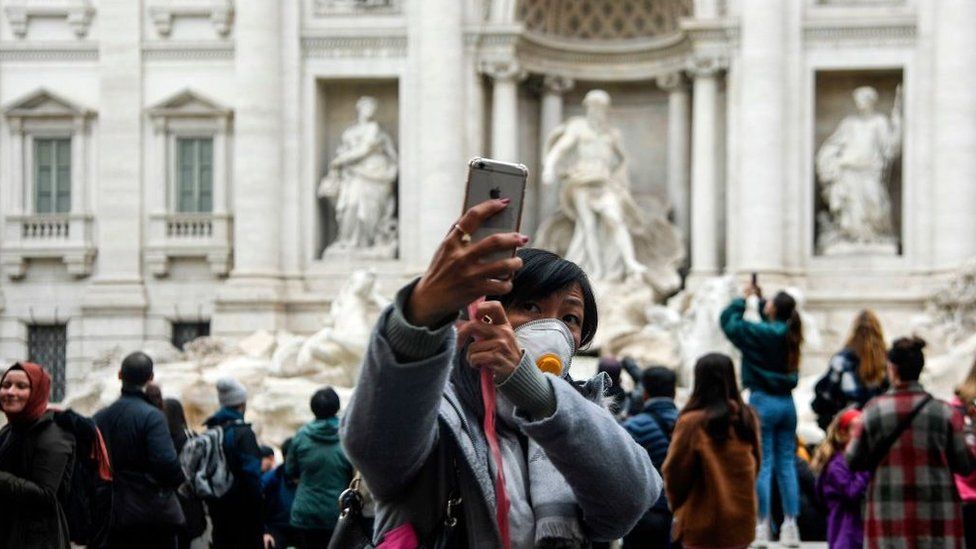Italian Prime Minister Mario Draghi said China's anti-COVID vaccine did not fully work and questioned whether Russia's Sputnik jab ...
June 25, 2021
8:21 PM +08Last Updated 10 days ago
BRUSSELS, June 25 (Reuters) - Italian Prime Minister Mario Draghi said China's anti-COVID vaccine did not fully work and questioned whether Russia's Sputnik jab would ever get approval from European regulators.
"The Chinese vaccine ... has shown itself not to be adequate. You can see that from Chile's experience of tackling the epidemic," Draghi told reporters at the end of a European Union summit.
Chile has relied heavily on the COVID-19 shot developed by China's Sinovac, but health authorities in the South American country have questioned how effective it is against more transmissible virus variants and are also looking into how long it remains effective once injected. read more
A study published in April said the Chinese vaccine proved minimally effective at preventing illness after one dose. With a second jab, it was 67% effective in preventing symptomatic infection, 85% effective in preventing hospitalizations and 80% in preventing deaths.
Draghi also questioned Russia's Sputnik vaccine.
The European Medicines Agency (EMA) had been expected to conclude its review of the Russian jab and issue a decision in May or June. However, approval was delayed because the makers missed a June 10 deadline to submit data, sources told Reuters earlier this month. read more
"The Russian vaccine Sputnik has never been able to get approval from EMA and perhaps it never will," Draghi said.
https://www.reuters.com/world/europe/italys-draghi-dismisses-chinas-covid-vaccine-casts-doubt-sputnik-2021-06-25/
JUNE 25, 2021
Sputnik vaccine may never be approved in EU: Italy PM

Russia's Sputnik V COVID-19 vaccine may never be approved by the European Union, Italian Prime Minister Mario Draghi said Friday, as he also cast doubts on China's Sinovac jab.
"Sputnik... has not yet managed to obtain and perhaps will never have the approval of EMA (the European Medicines Agency)," Draghi said in Brussels.
Meanwhile, "the Chinese vaccine ... has shown to be inadequate, look at the experience in Chile," the Italian leader added.
Chile has relied heavily on the Chinese Sinovac jab for its immunisation campaign, and is now considering adding a third dose to boost protection against new variants.
Both the Sputnik V and Sinovac vaccines are under a "rolling review" process by the EMA, which is a step prior to seeking formal authorisation.
In his comments, Draghi said there was a need for a "strengthening and maybe also a reform of EMA" to avoid a repeat of recent "considerable confusion" on vaccines.
He referred to a "certain discrepancy of pronouncements" over the safety of COVID-19 vaccines between EMA and national medicine bodies.
Draghi was speaking at the end of a two-day European Union summit, in which he said leaders had a general discussion on the state of play of coronavirus.
"The pandemic is not over, we are not yet out of it," the Italian leader said, pointing to the spread of the more transmissible Delta variant in Britain.
In a statement, Italy's national health institute ISS said the Alpha variant was still the most common in the country in June, with a prevalence of 74.9 percent.
At the same time, the share of coronavirus cases linked to the Delta variant had risen to 16.8 percent as of June 21, from 4.2 percent in May, ISS said.
Explore further
https://medicalxpress.com/news/2021-06-sputnik-vaccine-eu-italy-pm.html






